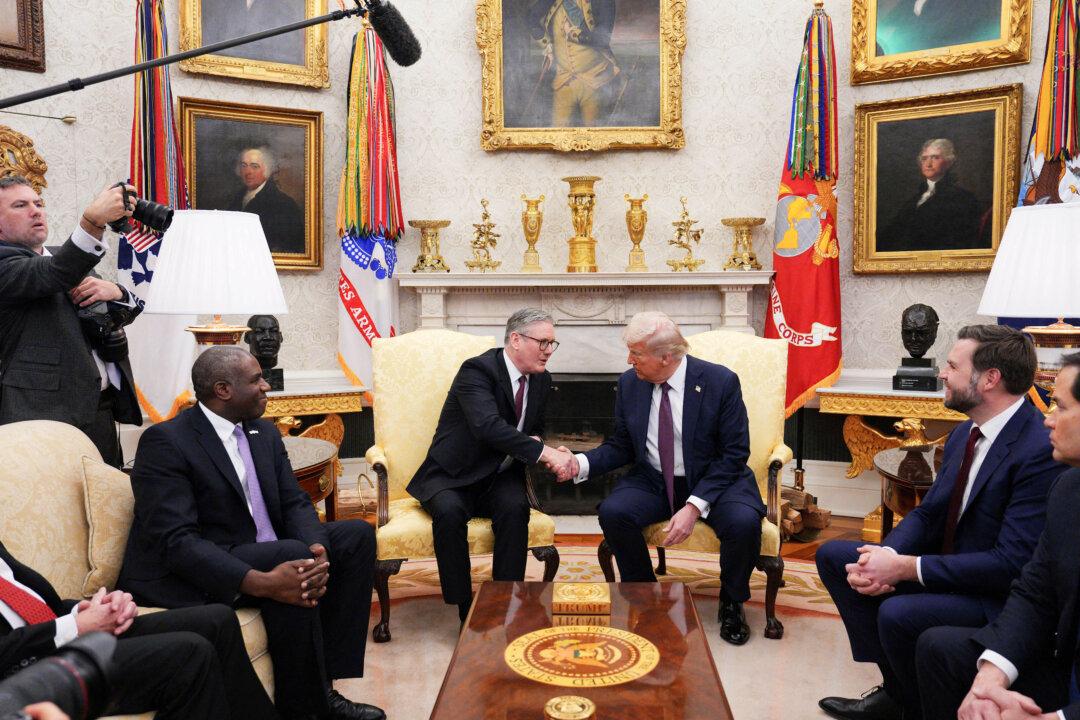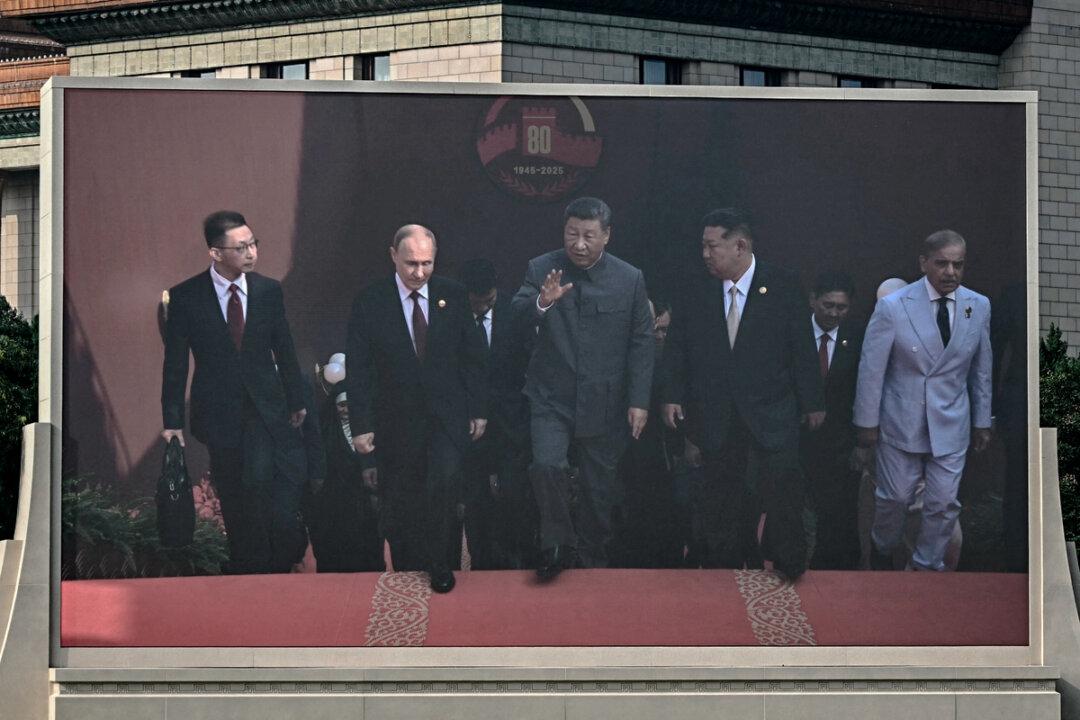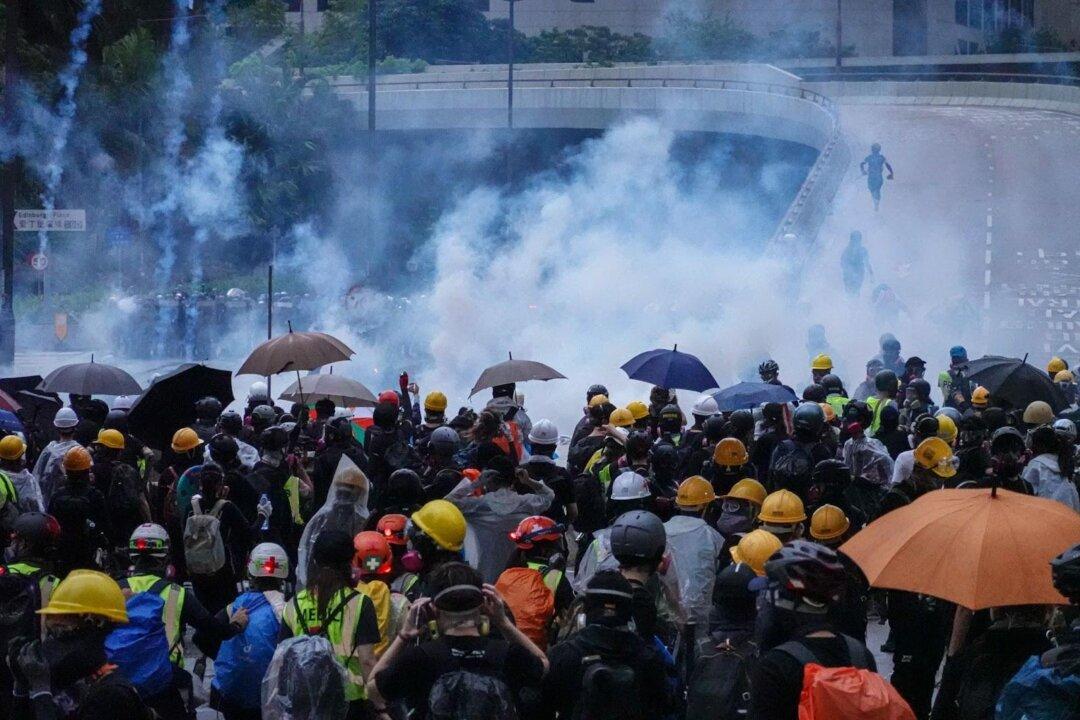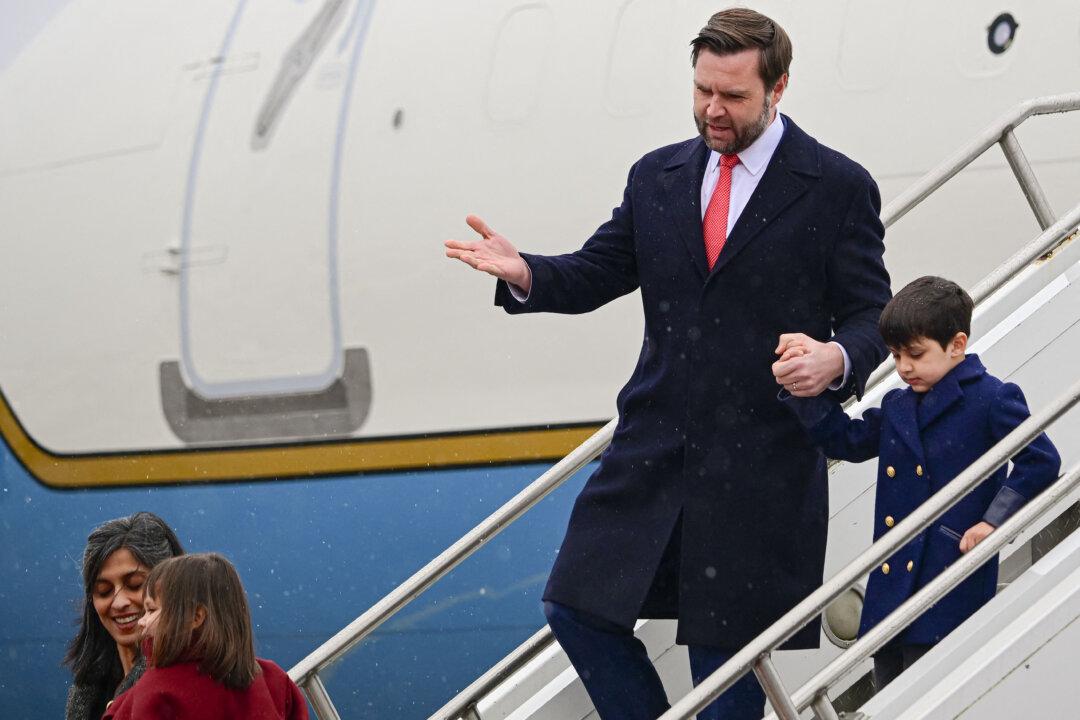Commentary
Two months into his second term, President Donald Trump was accused by some politicians in the West of abandoning Washington’s longstanding allies as a result of his stance on the war in Ukraine. But one doesn’t have to look very far back in history to note that a similar act of “unfriending” of continental Europe had occurred, and wasn’t unjustified.





